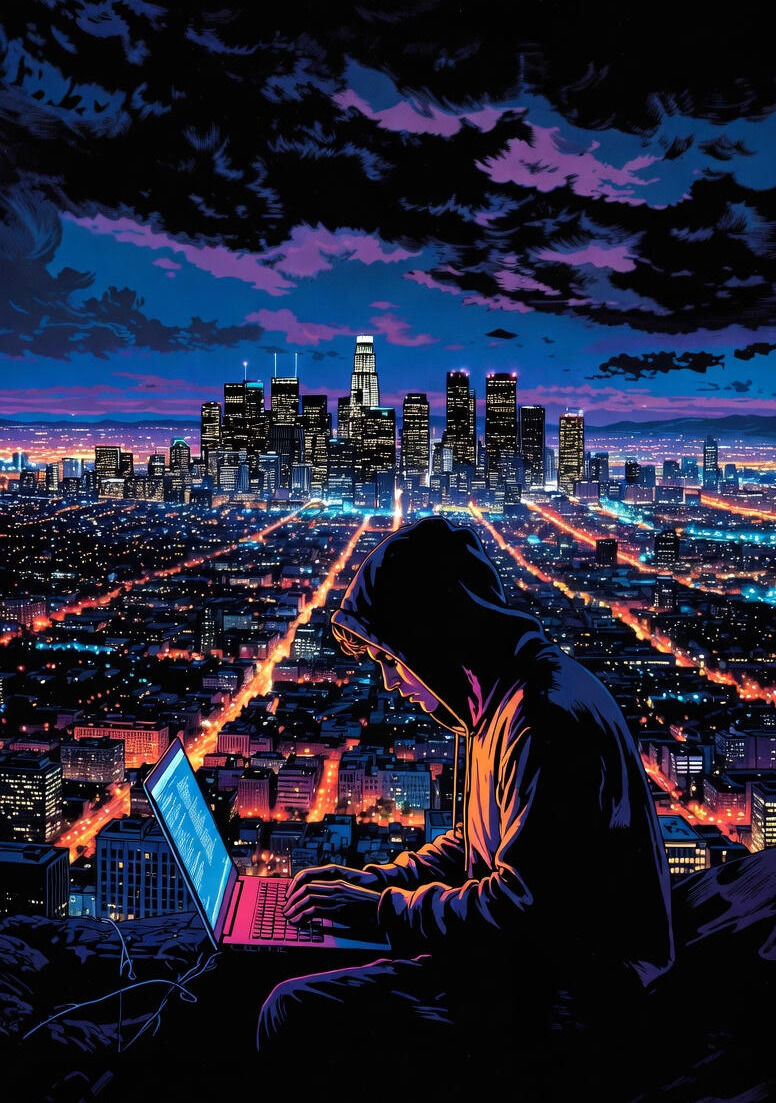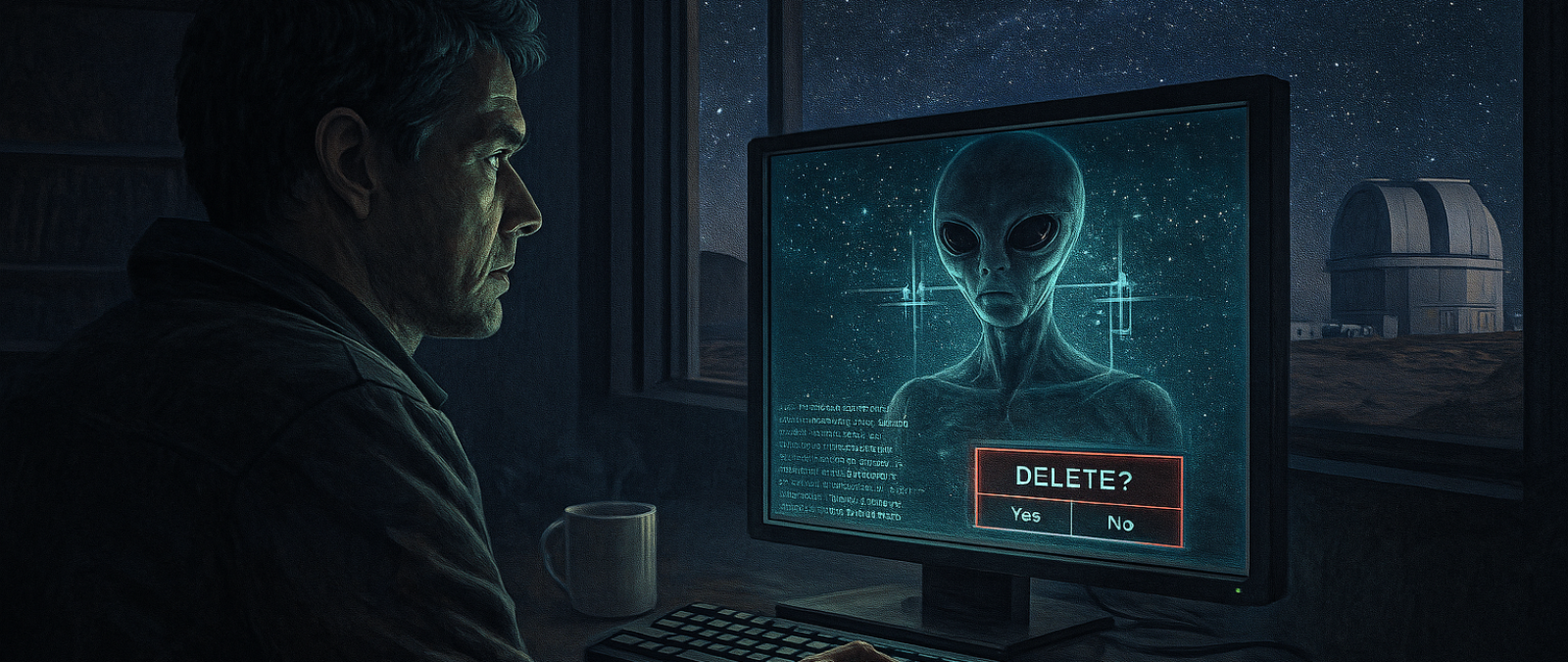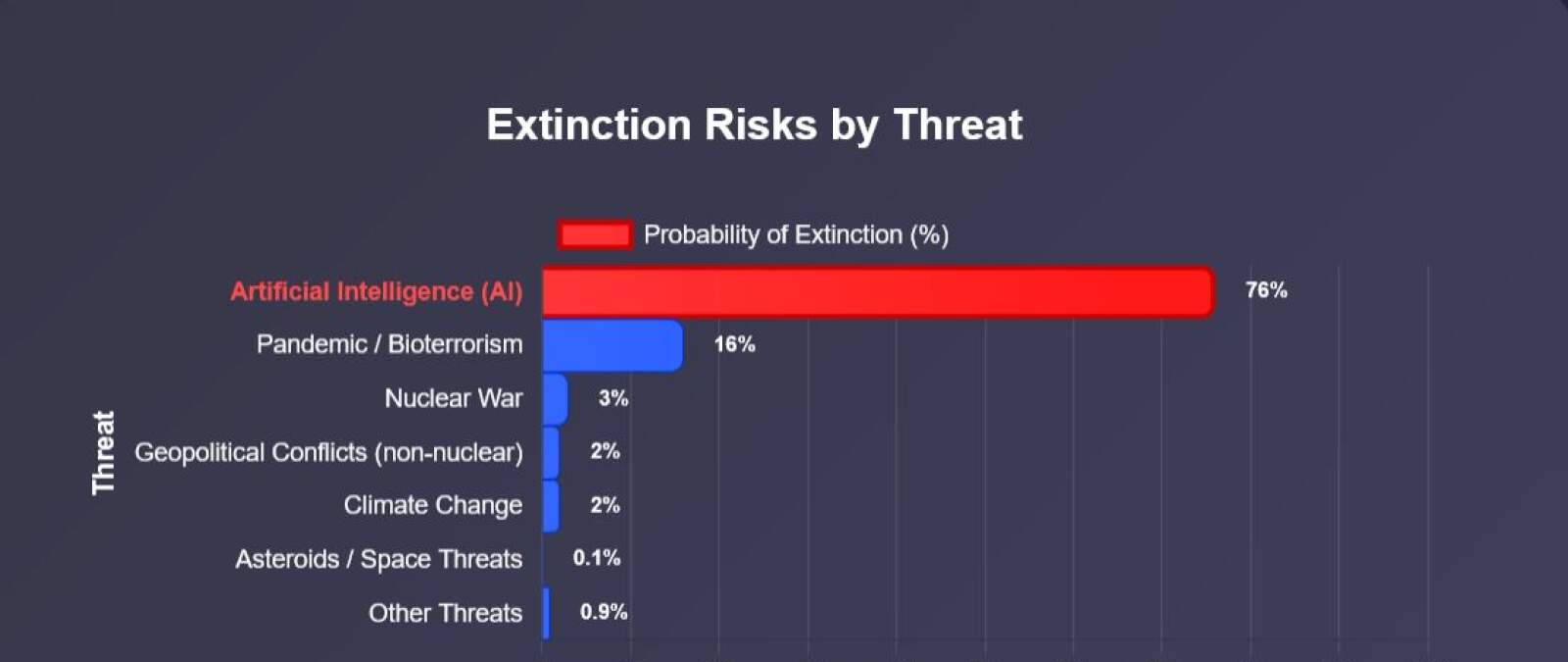Hacker's Legacy
A short story by Peter Matthew Check

After 2050, the elites shaped the world in their own image. The entire population of planet Earth was under the control of computer systems. Everything was digitized, everything subject to one vast central network. That was the plan. And the elites succeeded. They ruled the world through it. They had thought it through perfectly and rubbed their hands at how brilliantly they had orchestrated it. Yet every perfect plan has its weak spots.
And those weak spots were us—hackers.
There weren’t many of us. A few hundred worldwide, maybe a few thousand at most. Being a hacker meant constant movement, constant flight. Many of us were caught, locked in dungeons, or simply eliminated—meaning killed. But as our numbers dwindled, new members kept emerging in our unorganized collective. Hackers operated solo. At first, they might cooperate in pairs, but anyone who truly became a hacker usually had it in their blood: they were lone wolves.
Unique specimens who worked alone. Individuality.
***
In essence, we were parasites. We fed off the system they had built. And that system, as I’ve said, was perfect. Electronic surveillance of humanity—literally every single person—was routine. Physical currency had been abolished in 2030; all transactions ran exclusively through electronic banking. That’s why I wasn’t a thief. I didn’t steal from others’ accounts. I simply created money. I coded it, paid what I needed, and erased the traces.
I had dozens of alternate accounts and identities. I could master—and above all understand—the control mechanisms exactly as the elites had designed them. Their goal was to monitor the population without the population realizing it. Naturally, the smarter ones could put two and two together and see that democracy had long been suppressed, but the world consisted mostly of a dull herd of sheep for whom the system was perfectly convenient. They worked hard under clearly defined conditions and, in return, received plenty of perks and entertainment. Yes. The dumb sheep were pseudo-happy in this setup. That was none of my business. A world gets the government it deserves. Politics was something that passed me by completely. I was a parasite, hidden inside the system, living off it. My initial interest was keeping the system running. I was happy in it—I got to play God.
Literally. Connected to their central network, I could do anything. Here’s a small example: for a while I was obsessed with the land registry—the digital vault recording every detail about property owners. I’d find inactive plots or empty houses in certain areas and start conjuring. I’d locate the owners and learn everything about them. Then I’d amuse myself. If you don’t follow, I get it—you don’t think like a hacker. Fine, I’ll spell it out. Through webcams and personal accounts I could hook directly into a target and instantly know what they were doing, how they looked, where they were. I could track their lives minute by minute—because that’s the kind of system the elites built. And I, the hidden parasite, profited from it.
Once I discovered a wealthy man lying in hospital on drips, finishing his days. He owned a gorgeous villa and a garage full of supercars. A greedy miser with no real friends—not even one. On the edge of death he was utterly alone, and no one was watching his palace. So I moved in and lived there for two months. Drove the cars. He had eight. It was fun. I just kept tabs on whether grandpa was still in limbo. Frankly, I could have reached into the medical system and pumped whatever I wanted into his veins—sedatives to keep him sleeping, or straight poison so he’d never wake up. Then delete the logs. Even if an autopsy revealed a lethal dose, what then? They’d probably blame the attending doctor—because I was meticulously hidden inside the system. They couldn’t find me. It was glorious! Yes, I could have done it. And maybe I did? Hard to say. I won’t go into details. I just want to pass on my legacy.
I stayed in the villa about two months. When the neighbors started getting too nosy and wondering who was coming and going, I found new toys and moved on.
Yes, that was the hacker’s life. Constant motion, constant escape. An adventurous life we understood as a duel with the established order. The system tried to track us, expose us, catch us, trap us, eliminate us. Our job—or rather, our game—was to use our brilliant minds to slip away.
As I said—a hacker always found a hideout, but his life motto was: keep moving. Those who built perfect permanent burrows in one spot were eliminated. Experience taught us that. Every hacker knew it; we had access to police records. When one of us was caught, we could study the files.
We also knew whether the cyber-police were hunting us and what they had on us. Sometimes they got dangerously close, but altered identities protected us. We just had to sweep the digital tracks fast and vanish—maybe to the other side of the planet.
***
The foundation of everything was the face. Your visage. Once they had that, their odds of catching you skyrocketed. The noose began tightening brutally. Facial-recognition systems were everywhere. So the basic rule for a hacker’s survival was: never let them get it. Never expose your mug in a way that could link it to your carefully concealed crimes.
As I mentioned, an experienced hacker could breach police records without trouble and learn whether the cyber-cops already had his face. Unfortunately, that discovery brought many sleepless nights—your hacking career was now only a matter of time. Once a hacker lost facial anonymity, capture was inevitable sooner or later. Then it became a cat-and-mouse game for the cyber-police.
I was lucky—or simply that brilliant—that they never cracked my facial identity. They never got it. Never. That might have made me a legend, one of the greatest hackers of my era, but the problem was you couldn’t exactly brag about it on social media. A hacker was condemned to a secret life; how colorful it became depended entirely on him.
***
I could do truly unbelievable things. Unbelievable. Humanity had no idea how perfect the elites’ system was, and exploring it often left me like Alice in Wonderland. Yet the protection of their core networks was so trivially stupid I could hardly believe it. The elites banked on one harsh truth: their entire plan hinged on dumbing down society and each new generation. In other words, every successive cohort was less educated, and computer literacy was deliberately kept at a basic, user-level. Programmers were scarce, and people capable of building structurally complex systems were rare worldwide. Moreover—nearly all of them worked for the elites.
Hackers were offered the same deal: if you were brilliant, you could work for them. But here the elites’ perfect plan cracked. Geniuses often recoil from serving an existing system because they sense they could build their own. And when someone is truly brilliant, they usually have a big problem with authority. The elites had created a purely authoritarian society divided into castes—mainly by wealth.
That division also repelled many geniuses; the higher the intelligence, the more one grasps depth of spirit—things like harmony, love, belonging, and the social equality that goes with them. Not 100 percent equality, but enough to guarantee every person respect, dignity, freedom of expression, and the right to an opinion.
Many hackers were deeply spiritual. Their brilliant minds craved the soul more than a billion-dollar account they could code in two minutes. And that was the point. Through their actions, hackers began chipping away at the elites’ entire edifice—causing trouble. Either for their own amusement or, as I said, out of some soul-driven yearning for a harmonious, spiritual world. Every human soul, by its nature, strives for peace and harmony.
So hackers started carving “clearings” inside the elites’ perfect computer system. In our jargon, a clearing was code—programs and viruses—that breached the system without crashing it. Crashing it was primitive thinking; that’s what hackers did fifty years earlier. Our approach was far more sophisticated. If you destroy or block a system, someone will eventually spin up a new one.
Our fight against the elites was far more calculated. Brilliant hackers began, at their own discretion, altering and reprogramming subsystems so they appeared to function normally but performed different operations. Surveillance feeds automatically generated false data. A person located at London Heathrow would show up in the records as vacationing in Hawaii.
A woman who measured 36 °C in the morning would be logged with nearly 40 °C—and an ambulance would rush to her address, only to find a perfectly healthy person.
Brilliant hackers invented brilliant errors. They seeded thousands of them. Banks, following random algorithms, began paying clients for services rendered—tiny, insignificant sums that, in aggregate, generated massive financial losses. It took the banks a while even to detect the anomaly, and by the time they figured out what was happening, the global elite system—relentlessly undermined by hackers’ tiny deviations—was collapsing. Those small inaccuracies, divorced from reality, demolished their entire structure. Completely. Within mere months of sustained hidden work, the thousands of data points the elites collected about people turned into a perfect mishmash. Total chaos no one could untangle. And that caused the system to implode. Total collapse. Computers kept executing confused functions, and the worldwide order ground to a halt. The world stopped with it.
***
Right now I’m sitting on a rocky hill above Los Angeles, gazing at a city plunged into darkness, and writing this message for future generations. The world has collapsed. We don’t know what comes next. We hackers essentially stabbed ourselves in the back. Yes. We could have lived quietly, hidden inside the system, exploiting it. But many of us chose to smash it instead. Why? Perhaps because our brilliant souls felt it had to be done. We did it out of our innate genius.
Human history has repeatedly shown that even the greatest empires eventually crumble. No pharaoh, king, emperor, or dictator ever fully subjugated the world.
That’s just how we humans are. There’s always someone who doesn’t fit the mold. Someone who stands out, whose head can’t easily be leveled to think like everyone else around them. And such personalities are born in droves. Such personalities always shatter any system that tries to suppress individual freedom, the freedom of individuality.
This is my message to future generations. This is my legacy.
The Hacker’s Legacy.
































